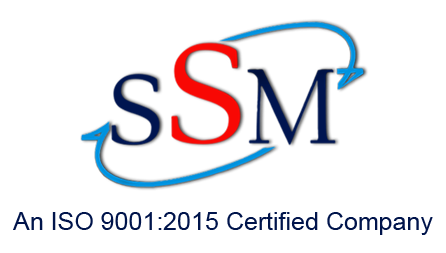Topic 1.2.1 – Retrieval Modes
About Retrieval Modes
Different retrieval modes allow you to access the data stored in Historian Server in different ways. For example, if you retrieve data for a long time period, you might want to retrieve only a few hundred evenly spaced data points to minimize response time. For a shorter time period, you might want to retrieve all values that are stored on the server to get more accurate results.
Historian Server with a version earlier than 9.0 supports two retrieval modes.
- Cyclic Retrieval
- Delta Retrieval
Historian Server with a version of 9.0 or higher supports various additional modes.
- Full Retrieval
- Interpolated Retrieval
- Best Fit Retrieval
- Average Retrieval
- Minimum Retrieval
- Maximum Retrieval
- Integral Retrieval
- Slope Retrieval
- Counter Retrieval
- ValueState Retrieval
Historian Server with a version of 10.0 or higher supports the following additional mode:
- RoundTrip Retrieval
Cyclic Retrieval
Cyclic retrieval is the retrieval of stored data for the given time period based on a specified cyclic retrieval resolution, regardless of whether or not the value of the tag(s) has changed. It works with all types of tags.
The default retrieval mode is cyclic for retrieval from analog tables, including analog and state summary tables.
Cyclic retrieval is fast and therefore consumes little server resources.
The default retrieval mode is cyclic for retrieval from analog tables, including analog and state summary tables.
Cyclic retrieval is fast and therefore consumes little server resources.

For the time window TC0-TC2:
- At TC0 – P2 is returned because it falls right on the cycle boundary
- At TC1 – P7 is returned because it is the last point before the cycle boundary
- At TC2 – P11 is returned because it is the last point before the cycle boundary
Delta Retrieval
Delta retrieval, or retrieval based on exception, is the retrieval of only the changed values for a tag(s) for the given time interval. Duplicate values are not returned. It works with all types of tags.

For the time window T1-T2:
- P2 is returned because there is no actual data point at T1
- P5, P8, P9, P10, and P11 are returned because they represent changed values during the time period
Full Retrieval
In full retrieval mode, all stored data points are returned, regardless of whether a value or quality has changed since the last value. This mode allows the same value and quality pair (or NULL value) to be returned consecutively with their actual timestamps. It works with all types of tags.

Best Fit Retrieval
For the Best Fit retrieval mode, the total time for the query is divided into even sub-periods, and then up to five values are returned for each sub-period. For example, TC0-TC1:
- First value in the period (P2)
- Last value in the period (P6 before the gap)
- Minimum value in the period, with its actual time (P4)
- Maximum value in the period, with its actual time (P6, which is also the last value with good quality)
- The first exception in the period (non-Good quality) (P7)

For example, Delta retrieval over a long period of time:

Cyclic retrieval retrieves fewer values but the resulting representation is not accurate:

Best fit retrieves fewer values as well with an excellent representation of the stored data:

